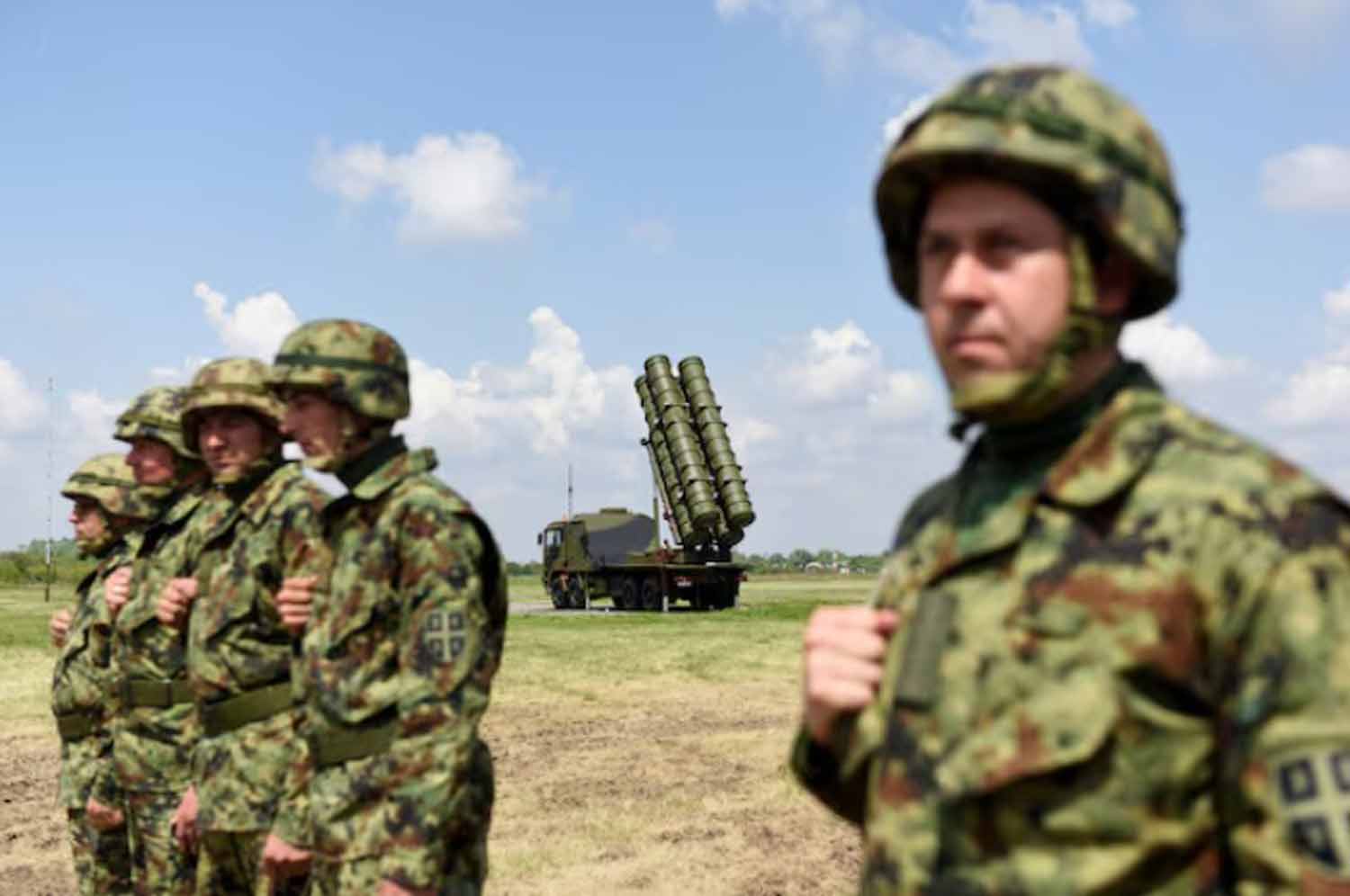On Friday, Israel conducted an airstrike in the southern suburbs of Beirut, resulting in the death of a prominent Hezbollah commander, according to security sources in Lebanon.
This incident significantly heightens the ongoing conflict between Israel and the Iran-supported group. The targeted individual was Ibrahim Aqil, Hezbollah’s operations commander and a member of its senior military leadership, as reported by both Lebanese security sources and Israeli Army Radio. Aqil was killed during a meeting with members of Hezbollah’s elite Radwan Unit, as stated by one of the security sources.
The attack resulted in eight fatalities and left 59 others injured, according to preliminary figures from Lebanon’s health ministry. This strike represents another setback for Hezbollah, which had already faced a severe blow earlier in the week when an explosion involving pagers and walkie-talkies used by its members led to 37 deaths and thousands of injuries.
This earlier incident is widely attributed to Israeli actions, although Israel has not confirmed or denied its involvement. Civil defense teams are currently engaged in rescue operations, searching for individuals trapped under the debris of two buildings affected by Friday’s airstrike.
The Israeli military confirmed that it executed a “targeted strike” in Beirut but did not provide additional details. This marks the second instance in under two months where Israel has targeted a senior Hezbollah military figure in Beirut, following the airstrike that killed Fuad Shukr, the group’s top military commander, in July.
Aqil is subject to a $7 million bounty placed by the United States due to his involvement in the fatal bombing of Marines in Lebanon in 1983, as stated on the U.S. State Department’s website.
Following the strike in Beirut, the Israeli military reported that warning sirens were activated in northern Israel, with local media indicating significant rocket fire in the region.
Hezbollah announced that it had launched Katyusha rockets targeting what it identified as the primary intelligence headquarters in northern Israel, which it claims is responsible for orchestrating assassinations.
John Kirby, the White House national security spokesman, mentioned that he was not informed of any Israeli alert to the United States prior to the Beirut attack, and he strongly advised Americans against traveling to Lebanon or to leave if they are currently there. Kirby emphasized, “War is not inevitable up there at the Blue Line, and we’re going to continue to do everything we can to try to prevent it,” referring to the border area between Lebanon and Israel.
Witnesses reported hearing jet sounds over Beirut coinciding with the timing of the attack, and a plume of smoke was visible rising from the strike zone. The Israeli military announced, “The IDF (Israel Defence Forces) executed a targeted strike in Beirut. Currently, there are no alterations to the Home Front Command’s defensive protocols.”
Visuals depicted a severely damaged structure and streets littered with debris and charred vehicles. The ongoing Gaza conflict has escalated notably this week.
On Thursday night, the Israeli military conducted its most extensive airstrikes in southern Lebanon since the onset of the conflict nearly a year ago. The year-long hostilities between Israel and Hezbollah represent the most severe clashes since their war in 2006, displacing tens of thousands on both sides of the border.
Although the fighting has primarily been confined to areas along the frontier, the recent escalation has raised fears of a broader and more intense conflict. The Israeli military reported that army chief General Herzi Halevi convened with the head of the Northern Command and other division leaders on Friday morning.
Israeli media indicated that Prime Minister Benjamin Netanyahu postponed his trip to New York for the upcoming United Nations General Assembly by one day due to the current situation, now scheduled to arrive on Wednesday.
On Friday, Britain’s Foreign Minister David Lammy led a meeting of the government’s emergency committee, known as COBR, to address the latest developments in Lebanon. The Foreign Office stated, “The Foreign Secretary chaired a COBR meeting this morning regarding the latest situation in Lebanon and to review ongoing preparedness efforts, as the risk of escalation remains elevated.”
Discover more from Defence Talks | Defense News Hub, Military Updates, Security Insights
Subscribe to get the latest posts sent to your email.





